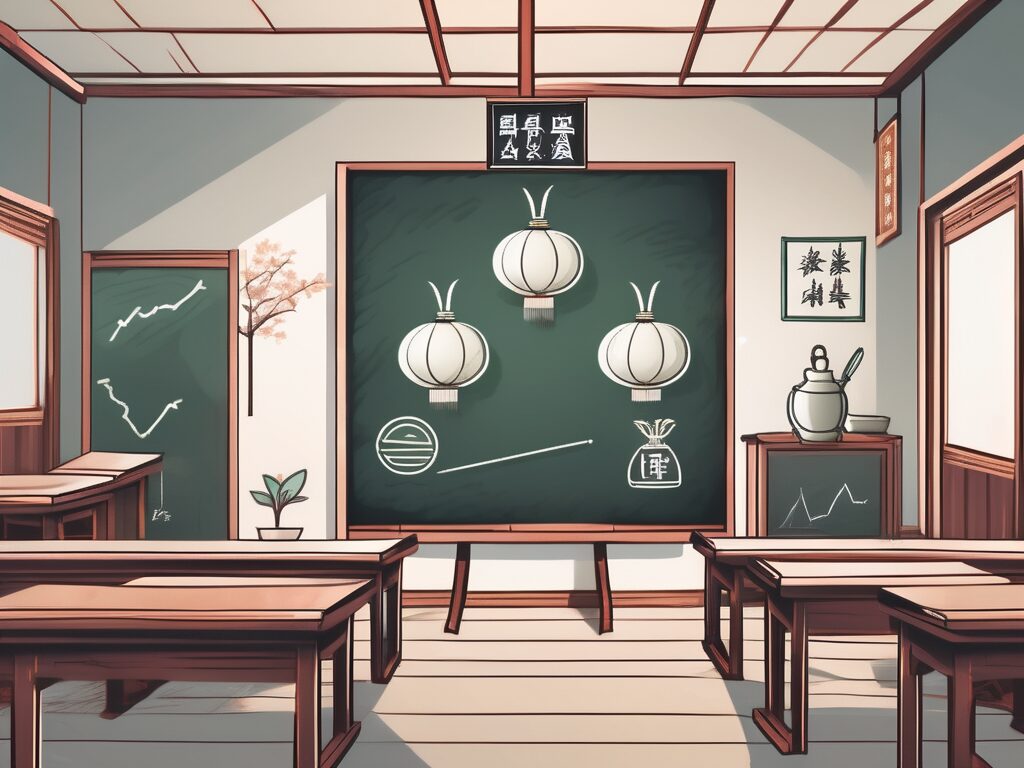Embarking on a teaching career in Thailand can be an exciting and rewarding journey. With a Postgraduate Certificate in Education (PGCE), you can enhance your teaching skills and make a significant impact in the Thai education system. This article will guide you through the best teaching tips in Thailand with a PGCE, helping you to excel in your teaching career and inspire the next generation of Thai learners.
Understanding the Thai Education System
The Thai education system is unique and understanding its nuances is vital for any teacher planning to educate in Thailand. The system is divided into three levels: primary, secondary, and tertiary. Primary education is compulsory and free for all Thai children. Secondary education is divided into lower and upper secondary, while tertiary education includes undergraduate and postgraduate studies.
Thai students are known for their respect for teachers, which is deeply ingrained in the Thai culture. As a teacher, you will be expected to uphold this culture and maintain a respectful and disciplined classroom environment. Understanding these cultural nuances can help you connect with your students and make your teaching experience more rewarding.
How a PGCE Can Enhance Your Teaching Skills
A PGCE is a valuable qualification for teachers, offering a blend of theoretical knowledge and practical experience. It equips you with the necessary skills to plan lessons effectively, manage classrooms, and assess student progress. In the context of Thailand, a PGCE can help you understand the Thai education system better and adapt your teaching style to meet the needs of Thai students.
Moreover, a PGCE can open doors to career advancement opportunities. With a PGCE, you can take up leadership roles in schools, such as head of department or even headteacher. This can significantly enhance your career prospects and earning potential.
Top Teaching Tips for Success in Thailand
Adapting Your Teaching Style
One of the key aspects of teaching in Thailand is adapting your teaching style to suit the learning needs of Thai students. Thai students tend to be respectful and reserved, which means you may need to adopt a more interactive teaching style to encourage participation. This could involve incorporating group activities, games, and discussions into your lessons.
Furthermore, understanding the Thai culture and language can greatly enhance your teaching effectiveness. Learning basic Thai phrases can help you communicate better with your students and show respect for their culture. This can help you build strong relationships with your students and create a positive learning environment.
Planning Effective Lessons
Effective lesson planning is crucial for successful teaching. With a PGCE, you will have the skills to plan lessons that are engaging, interactive, and cater to the learning needs of your students. This involves setting clear learning objectives, choosing appropriate teaching methods, and assessing student progress regularly.
It’s also important to incorporate elements of Thai culture into your lessons where possible. This can make your lessons more relevant and engaging for your students, and show your respect for their culture.
Managing Classroom Behaviour
Managing classroom behaviour is another important aspect of teaching in Thailand. Thai students are generally well-behaved and respectful, but like all students, they can sometimes be challenging. A PGCE equips you with the skills to manage classroom behaviour effectively, ensuring a positive and productive learning environment.
Key strategies include setting clear expectations, implementing consistent rules and consequences, and building positive relationships with your students. Remember, respect is a two-way street. By showing respect for your students, you can earn their respect in return.
Final Thoughts
Teaching in Thailand with a PGCE can be a rewarding and fulfilling experience. By understanding the Thai education system, adapting your teaching style, planning effective lessons, and managing classroom behaviour, you can make a significant impact in the lives of your students.
Remember, teaching is not just about imparting knowledge, but also about inspiring and shaping the future generation. With a PGCE, you can equip yourself with the skills to do just that. So, why wait? Start your teaching journey in Thailand today!
Take Your Teaching Career in Thailand to the Next Level with iQTS
Ready to elevate your impact in the classroom and beyond? The IQTS at UWE presents the International Qualified Teacher Status (iQTS) Programme, specifically designed to overcome the challenges faced by educators like you. With our programme, you’ll not only meet the stringent qualification requirements of international schools but also enhance your professional development, increase your chances of career advancement, and connect with a global network of educators. Don’t let isolation or a lack of understanding of international curricula hold you back. Join the ranks of satisfied iQTS participants who are now 65% more adaptable in diverse educational settings. Embrace the opportunity for a 30% salary increase and a 45% boost in promotion rates. Make your next step count and join the iQTS programme today to secure your future in the world of international education.

